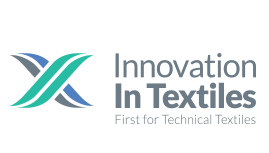The role of the consumer in the circular economy and disruptive technologies for social change in the clothing industry were two of the big themes in this year’s WEAR2018conference in Toronto, Canada. The World Ethical Apparel Roundtable (WEAR) conference is now in its fifth year with organisers Fashion Takes Action bringing together a mix of global and local best practices for innovative solutions for the industry that are both sustainable and ethical.
A combination of keynote presentations and panel discussions dissect the many ways that innovation can become a key driver towards finding more sustainable practises for the apparel industry. While there are some recurring themes such as waste, new topics appear each year with this year including technological drivers of supply chain traceability and shifts occuring in consumer attitudes towards sustainability.
Sustainable development goals
In a keynote presentation Karen Newman, an independent consultant to the United Nations (UN) set the scene with the discussion of fashion role in the seventeen sustainable development goals (and 169 targets) set by the UN in their Transforming our World: the 2030 Agenda for Sustainable Development launched in September 2015 and described as “a plan of action for people, planet and prosperity”.
The fashion industry is one of the largest employers in the world according to Newman, with women comprising around 80% of the supply chain. Helping businesses to achieve these goals, the UN Global Compact supports companies to do business responsibly aligning those strategies and operations with ten principles on human rights, labour, environment and anticorruption in addition to taking strategic actions to advance broader societal goals such is the UN sustainable development goals.



